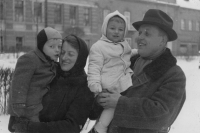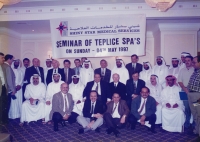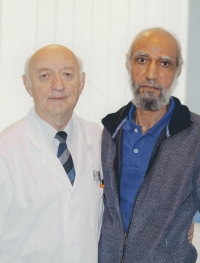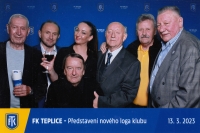I was supposed to identify foreigners suitable for cooperation.
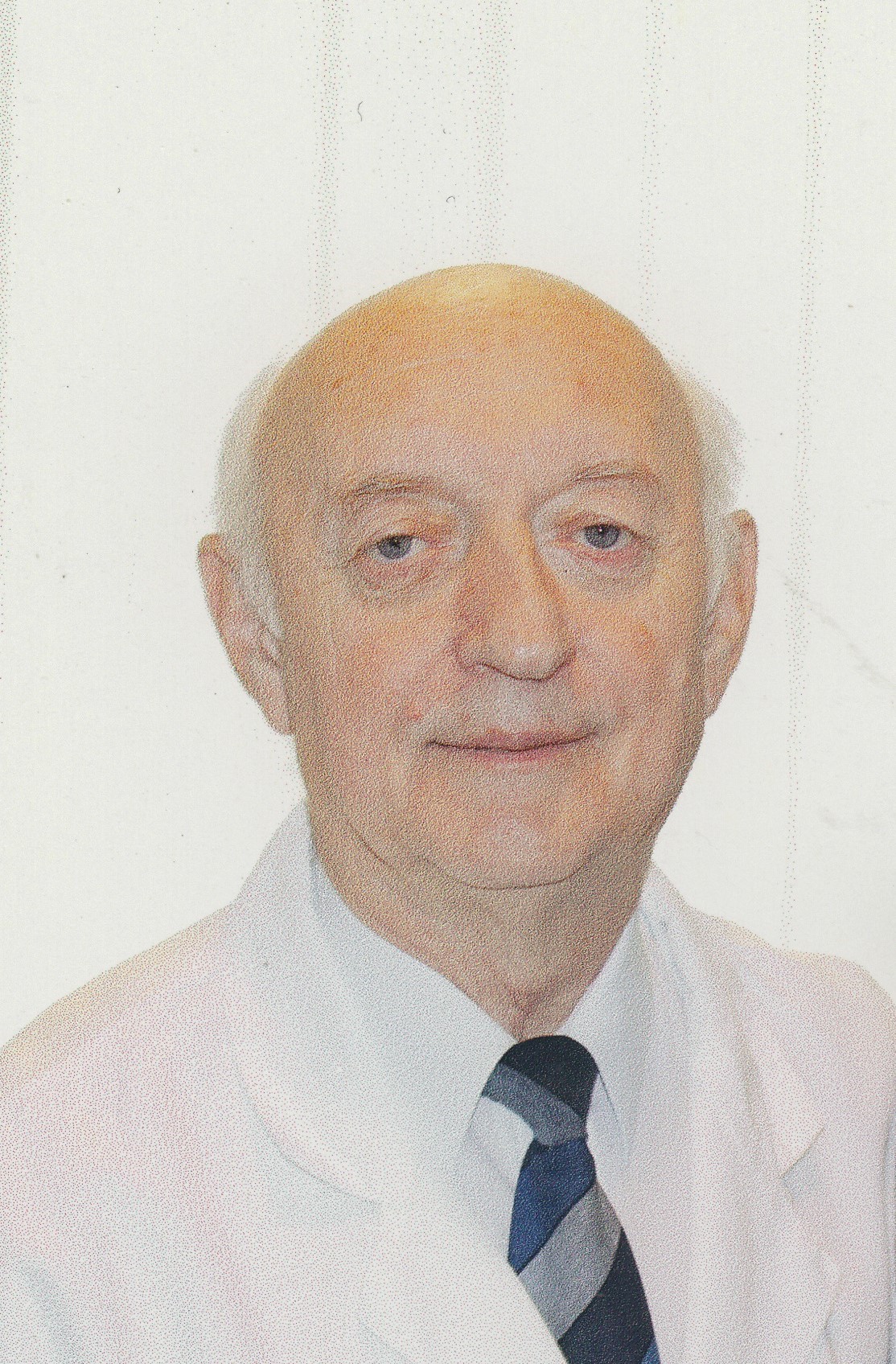
Stáhnout obrázek
Jan Štěrba was born on June 4, 1942 into a working-class family, his father Jan Šterba worked as a carpenter, his mother Božena Štěrbová was a housewife. In 1945 the family moved from Lysá nad Labem to Česká Lípa and then to Děčín and Teplice. In 1965, he graduated from the Faculty of General Medicine at Charles University and then joined the internal medicine department of the Railway Hospital in Ústí nad Labem. In 1969, his younger brother Stanislav Štěrba emigrated to Germany. They had an agreement that the witness would take care of his parents in the then Czechoslovakia and that his brother would support the family financially from abroad if necessary. A year after the occupation of Czechoslovakia, the witness moved from Ústí nad Labem to Lázně Teplice. There he worked as a doctor at the Imperial and Stone Baths and at the Beethoven Spa, then called Fučík. In 1972 he completed his certification in physiotherapy, balneology and medical rehabilitation and joined the Communist Party. In 1982 he became the head doctor of the Beethoven Spa House and also the doctor of the football club Sklo Union Teplice, today‘s FK Teplice. In 1983 he was approached by State Security. He became its ideological collaborator, under the code name Gold, later Solice. His task was to identify visa foreigners among the visitors to the spa who were suitable for cooperation with State Security. In the 1990s, he became head of the Beethoven Spa House. In 2024 he was living in Teplice. We were able to record the story of the witness thanks to support from the city of Teplice and the Ústí region.
